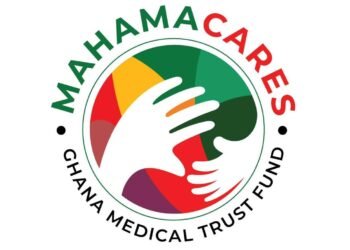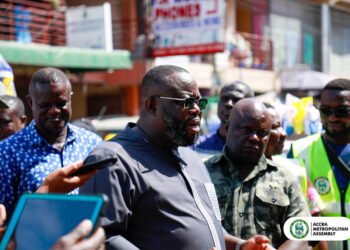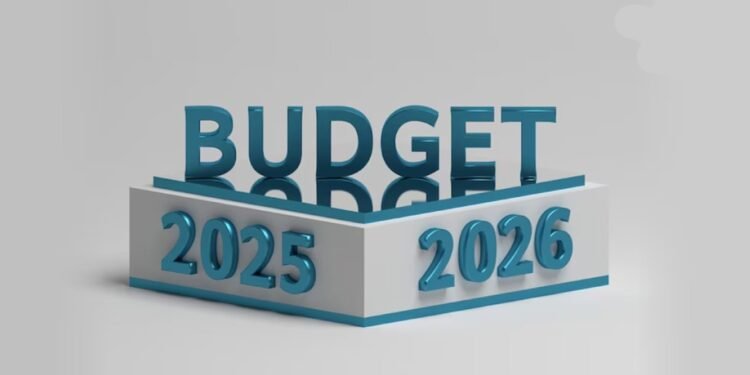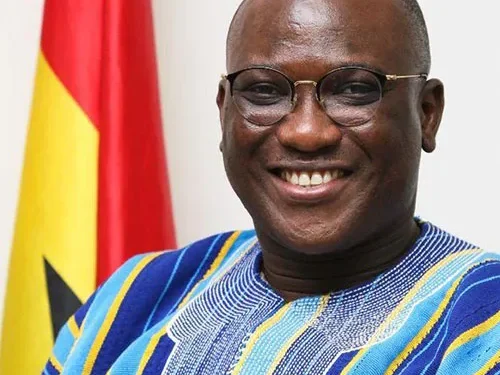The Director-General of the Ghana Education Service (GES), Dr Eric Nkansah, has emphasized that final-year free Senior High School (SHS) students are exempted from paying GH¢465 as registration fees for the 2024 West African Senior School Certificate Examination (WASSCE).
Addressing the media in Accra, Dr Nkansah explained that the government has taken full responsibility for the registration fees for free SHS students.
“We read in the news that WASSCE registration fee has been pegged at GH¢465, and since that news came out a lot of parents are asking whether every student is going to pay. All students in government secondary schools under the Free SHS program are not required to pay any registration fees because it has been absorbed by the program.”
Dr Eric Nkansah, Director-General (GES)
Additionally, the GES Director-General called on heads of Senior High Schools to desist from pressuring final-year students, currently on vacation to return to school to complete their registration forms.
He gave the assurance that GES was collaborating with the West African Examinations Council (WAEC) to give students enough time to complete their registration process expected to end on April 19, 2024, after they return to school on April 17.
“We know some of the students live far and near and are enjoying their vacations at home, so they are not expected to return to school to complete their registration until school reopens on April 17. We can assure them that they will be given ample time; we are working with WAEC to make sure ample time is given for the completion of their registration.”
Dr Eric Nkansah, Director-General (GES)
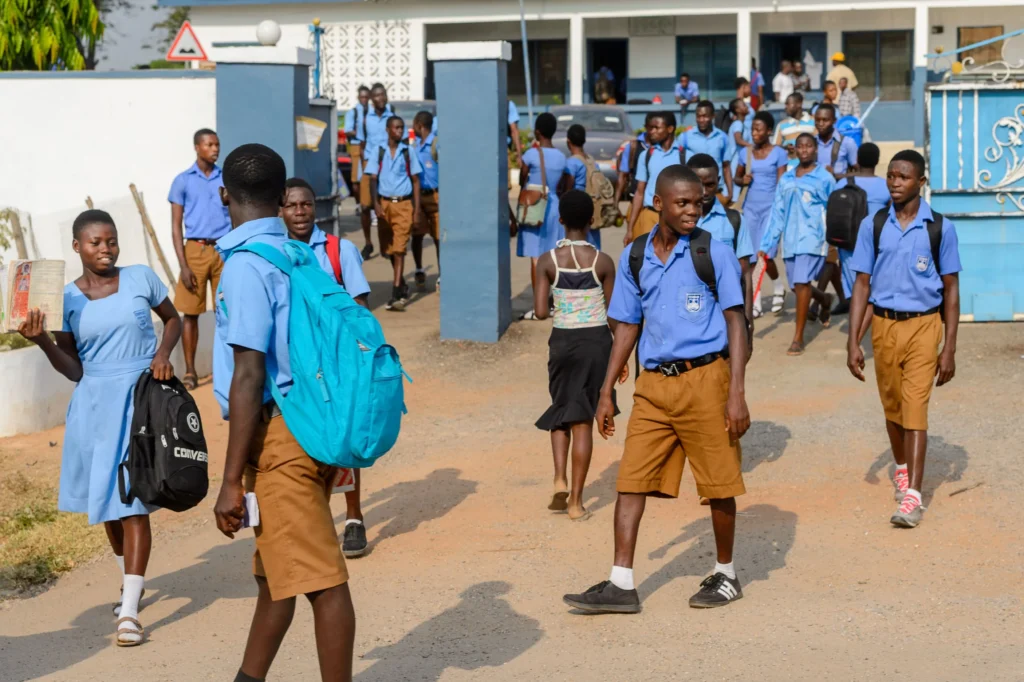
The Director-General of GES also seized the opportunity to show appreciation to the Ghana National Association of Teachers (GNAT), the National Association of Graduate Teachers (NAGRAT), and the Coalition of Concerned Teachers (CCT) for suspending their nationwide strike, which began on Wednesday, March 20, 2024.
The Director-General noted, “This is pleasant news indeed, and I want to take the opportunity to applaud them for calling off this strike to pave the way for us to continue with negotiations.”
He further assured continued engagement with the unions to address their demands for better working conditions, incentives, and benefits.
This strike, which began on Wednesday, March 20, 2024, was initiated by the three teacher unions in protest against the government’s failure to address their conditions of service. The unions’ decision to call off the strike demonstrates their commitment to maintaining the stability of the education sector and ensuring the safety and well-being of students during this period.
The strike was a significant event, impacting the educational landscape in Ghana. Despite the challenges posed by the strike, GES instructed junior and senior high school head teachers to maintain school operations and ensure the safety of students. This directive was part of GES’s efforts to minimize disruptions to the education system and to reassure parents and the public that the management was actively monitoring the situation.
The suspension of the strike allowed for the continuation of normal school operations, which is crucial for maintaining the educational progress of students. The strike had the potential to disrupt the learning process, affecting students’ ability to prepare for exams and meet their academic goals. The suspension of the strike, therefore, helped to mitigate these negative impacts and allowed for a more stable educational environment.
Moreover, the suspension of the strike also signifies a step towards resolving labor relations challenges that have been affecting the quality of education in Ghana. Teachers’ demands for better working conditions, compensation, and professional recognition are critical for ensuring the quality of education. By suspending the strike, the teacher unions have shown a willingness to engage in dialogue and seek solutions, which is essential for addressing these issues and improving the education system.
The teacher unions’ decision to suspend the strike is a positive development, indicating a willingness to engage in dialogue and seek solutions to their grievances. This move is crucial for the continued progress of the education sector in Ghana, emphasizing the importance of stakeholder engagement and the resolution of labor disputes through constructive dialogue.
READ ALSO: Parliament and Executive Deadlock Impedes Government Businesses







